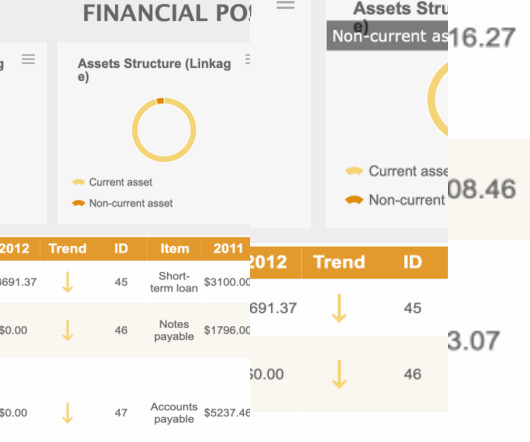Data science vs data analytics: Unpacking the differences
IBM Big Data Hub
SEPTEMBER 19, 2023
Data science is an area of expertise that combines many disciplines such as mathematics, computer science, software engineering and statistics. It focuses on data collection and management of large-scale structured and unstructured data for various academic and business applications.














Let's personalize your content